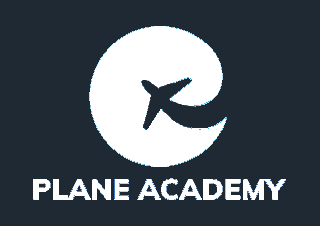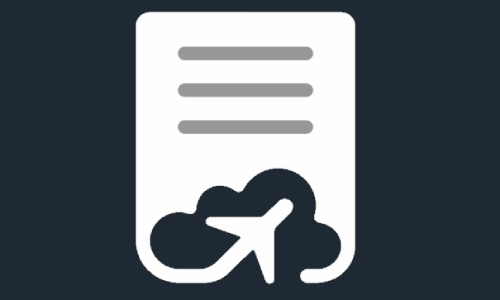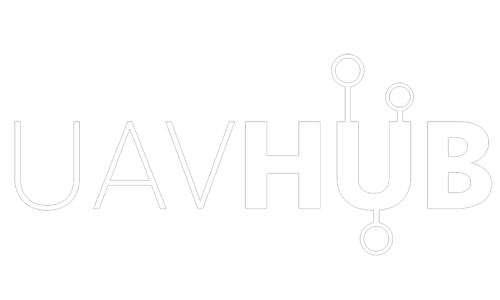Budgeting your Flight Training, if you have done any research into pilot training you will probably be having similar thoughts to me when I was looking into it – this sounds expensive.
The truth is unavoidable, it is expensive. However, what you come out with at the end is the chance to do for a job what most people can only dream of, and thats why like me you will take the plunge and embrace all the risks and start realising that dream. But what are the costs involved other than the course cost? In this section I will try and comprehensively answer that question so you can look ahead and create a budget for your training.
Before you start
So in a typical aviation style, there are some things that you will need to get done and paid for before you can start your training, these include;
Medical
To start an integrated training course you’re going to need to get yourself an EASA class 1 medical. This is basically going to give you a thorough check up to ensure youre up to the job. The class 1 process is thoroughly covered in the Medical section so for more details have a look there. The class 1 medical will cost you a one off payment for the initial medical and then to keep it valid you will need to renew it every 12 months. Whilst you are training this will be your responsibility, when you get yourself a job with an airline the chances are they will shoulder this cost.
£500 for an initial class 1 medical and then £180 for a class 1 medical renewal every year.
Application Cost
So you’ve got your medical, what’s next.
Its time to choose where you want to apply and go through the screening process. All the big flight schools will require you to undergo a fairly thorough day (or two depending on the flight school) of testing including computer based testing, interview, team exercise and often a check in a simulator as well. Please see our article on passing the flight school application process or our preparation and assessment packages available to download. Not every flight school will charge you for this application, but it is more common than not.
£0 – £300
Passed Selection
So you’ve gone and secured yourself a place at one of the big flight schools in Europe – Congratulations! You know the cost of the course, but what else are you going to need to budget for?
BBVA or Flying Loan
There is a lot of information to cover regarding the loan and funding process so please see our page on flying loans and funding.
Accommodation?
Accommodation is included in the price of some integrated courses but not all, and it can be a significant amount of money even compared to the cost of an integrated flight course. CTC for example include the cost of accommodation in the price of their integrated package whilst in the UK and overseas whether it be the US or NZ.
FTE operate very similarly, the price of the integrated course includes accommodation that covers the whole length of the course. CAE OAA on the other hand include the accommodation whilst training overseas (Phoenix) but to include on/off site accommodation whilst in the UK comes at an additional fee. So if you choose CAE you are going to have to factor in some additional cost to cover around a years worth of accommodation. CAE do offer their own on and off site accommodation but there is also plenty of student accommodation available in the surrounding area which will come in cheaper – see websites like spareroom.com or gumtree.com for ideas.
£100 – £200 per week
Food?
Wherever you go, budgeting for food is probably a good idea. Many of you will be more than familiar with this if you have lived away from home or been to university before you start your training. A food budget can vary, where you shop, what you buy, if you eat out… the list goes on. Not only that but for all of these courses you are likely to be spending a significant amount of time outside the UK so your budget will change – during my time in phoenix i was surprised how cheap food was to buy especially from the supermarkets! In the grand scheme of things its not the biggest expense but you should consider it when you come to constructing a budget for yourself.
£30 – £50 per week
Insurance?
Insurance is a cost well worth budgeting for. When compared to the overall cost, its not a big outlay but all the smaller costs do add up to become significant. If you are planning on financing your training through a loan provider, the chances are that you are going to have to take out some kind of insurance to cover the loan amount should the worst happen. There are lots of different insurances out there from loss of medical to loss of life and policies which cover both together. Lots of students get this cover through BALPA, but its worth while shopping around.
£200 per year for loss of medical and life insurance
Question Banks
You may have come across question banks if you have done your research or know someone who has been through an integrated course before. I wont go into huge detail as they are covered in the pilot training section, but they are a cost that people often overlook. The chances are that you’re going to need to buy yourself access to a question bank, everyone uses them and they are a massive help when it comes to revising for the real thing, You will aat least have seen the question once or a similar variation once before your exam! Most question banks will require a one off payment which will unlock it for a period of months. It wont be a huge amount but its a cost lots of people don’t see coming. (Partnership with aviation exam) referral commission for free advertising.
£80 – £100 for 6 months access
Living expenses in AZ, NZ or elsewhere
Depending on how much fun you’d like to have visiting and living in a foreign country is entirely up to you. But from our experience and from speaking to others a good amount to budget for is around £50-150 per week. This enables you to enjoy days out from Bowling, Top Golf, a day out on the lake to shopping bills
Type Rating
And finally, the biggie. So, what is a Type Rating, Who needs one and How much is it going to cost?
The type rating qualifies you to fly a certain type of aircraft and if you want to be an airline pilot you’re going to most certainly going to require one.
Not everyone pays for their own type rating. There are some very kind airlines out there that pay for their new cadet pilots to go through the type rating, but these kind airlines are few and far between and a lot of them although you may not have to pay for it up front itll actually come out your salary or you will get a reduced salary for a period of time.
Names like FlyBe, BA Cityflyer, Titan and a few others will fund their new pilots type ratings. The majority of other players in the market; Ryanair, easyJet, Norwegian, Monarch… and the list goes on, wont fund this qualification and that means, unfortunately, its down to you.
So how much is a type rating going to cost? They do vary but the majority of type ratings come in at between £20,000 – £39,000. Yes, its a lot of money and a lot of people are very surprised by this, but its the last hurdle!
For a more accurate figure its worth having a look around the individual airlines recruitment and training pages also have a look at our articles for type rating advice as that will cover a lot of specific information!
As someone who has been down the integrated route, it is definitely worth factoring in the cost of a type rating. Rather have that planned for so its not quite a shock and be pleasantly surprised when you do get a job and not have to pay for it. The market is changing and lots of people within the industry believe that this current then for self funded type ratings has a finite life and that airlines may in the future be forced to pay for them to meet their huge demand for pilots.
£20,000 – £39,000
